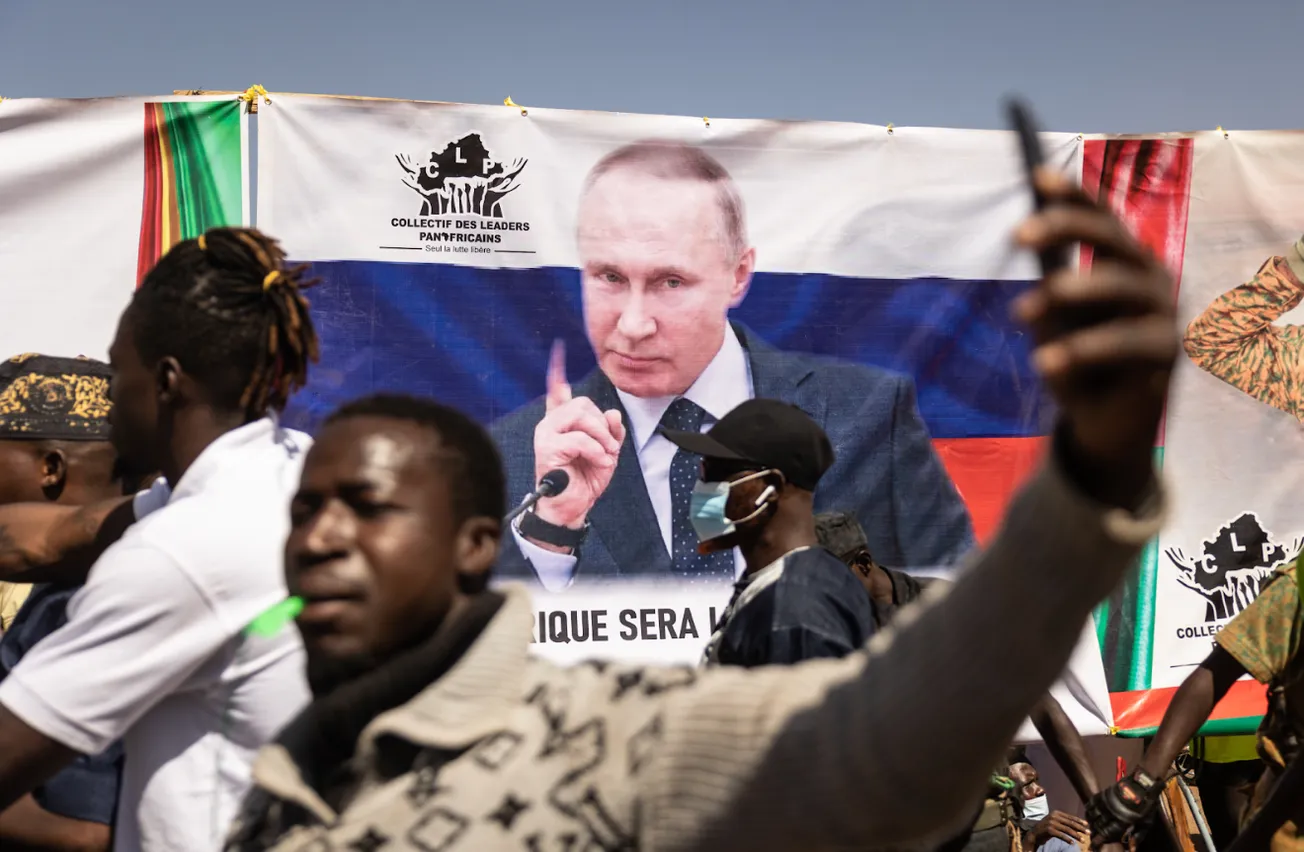Table of Contents
In the frantic rat race of modern life, historical occurrences often seem as cold and lifeless as the marble they are inscribed upon. But as the worldwide events of the last few weeks remind us, the genies of the past love to burst forth, full of sound and fury, in the world of the present.
September 2nd marked 70 years since the surrender of the Empire of Japan and the end of the Second World War. Why does this milestone matter to Stanford students groaning under schoolwork and stress? For those of us with blood roots in Asia, this day is a special one—an occasion where the Chinese, Korean, Vietnamese, Filipino, and so many other threads formerly mutilated by the Japanese katana can renew and enjoy the multicolored tapestry of their cultures. Even for those who have no such ethnic connections, the world in which we live is an ever-changing landscape still struggling to come to terms with that annus mirabilis of human history, 1945.
The final defeat of Japan, on a macrohistoric level, has enormous consequences that reverberate to the present day. With Japanese plans to reduce China to a vast helot state now vaporized in atomic ash, the absence of a common external foe meant that the Chinese Civil War between the Nationalists and the Communists, reluctantly left on the back burner since 1937, would soon resume with a flesh-devouring fury. The memory of Japanese wartime atrocities is still seared into the collective consciousness of the Chinese people, making today’s territorial disputes over inconsequential spits of land in the Pacific Ocean spiral into vitriolic slugfests of eye-for-eye historical enmity.
On the technological front, the American use of atomic weapons on Hiroshima and Nagasaki ushered humanity into the age of Mutually Assured Destruction, permanently lifting the prospect of worldwide annihilation from pulp science fiction squarely into the realm of reality. The freed nuclear genie dangles his Sword of Damocles over every statesman’s decision-making today.
The total Allied victory in the Pacific had the ultimate effect of turning the world’s largest body of water into an American lake for the latter half of the 20th century, realizing the dreams of naval theorists like Alfred Thayer Mahan who had built a robust blue-water navy, channeled a formidable industrial base, and dug the Panama Canal for such ends. Not since the Romans had called the Mediterranean their mare nostrum had a single nation exercised near-complete hegemony over an entire ocean. With the Japanese chess piece more or less toppled from the geopolitical chessboard, horizon-gray ships flying the Red, White, and Blue would fill the power vacuum left gaping in the Orient.
The outcomes of 1945 also have tremendous ramifications for America’s role in the world. The end of the Second World War, with mighty Britain bankrupt and France prostrate, saw the United States wrenched from the warm bunk of isolationism to the storm-lashed helm of leadership of the Western world. Global power began to gravitate towards Washington, D.C. Students from each race, creed, color, and religion began to file into the halls of American academia from every land under the sun, giving institutions like Stanford their unmistakable cosmopolitan flavor as founts of free thought. American business, norms, and culture began to smother the earth. Soon, the diktat of the Pentagon became a matter of weighing life or death for millions worldwide with a global reach that not even the Caesars in their purpled splendor could match.
All too often, however, the people whose lives greased the tracks of history fall through the cracks generated by rumbling nations-in-arms. My paternal grandfather, Lynn Wesley Kinnie, heard the news in a cot in a military hospital in Pearl Harbor. Bandaged like a mummy from repeated machine-gun and shrapnel strikes and numbed by the morphine sent to dull it, he could do little but smile and collapse into the bosom of sleep. He would later move back to the farm in Julesburg, Colorado, start a family, and do his darnedest to forget about the war that had so nearly snuffed out his youth.
Thousands of miles away, utterly unbeknownst to him, my maternal grandfather, Yan Gentang, first heard the news crackle to life on a radio in Mao Zedong’s 8th Route Army. This bookish boy had been ready to attend university in Beijing until the Japanese invasion of China in 1937 sliced his dreams to bloody shreds. This scholar would soon exchange his pen for a sword and wage war against the invader like a wolf sweeping down from the fastness of his lair.
For all the stream of imperfect outcomes that gurgled from the fount of 1945, I believe that my grandfathers rest soundly, knowing that their efforts to shape their world make mine a better place.
Even as we turn our gaze towards the rays of a new dawn, let us remember the innocents who did not live to see the flowering of the next day. Remember the souls still seeping from places like the hull of the USS Arizona. Remember the spirits of those innumerable young men that still wander the hills and valleys, restless for the day when they will finally be able to come home and feast in the halls of their fathers.
If you listen closely enough, as I have found, the names in Memorial Auditorium whisper to you. This is their last lesson: strive for peace, but do not hesitate for a moment at the sounding of the trump.
Or, as the immortal epitaph at the British cemetery at Kohima, India—site of one of the war’s fiercest battles—reads:
WHEN YOU GO HOME, TELL THEM OF US AND SAY—
FOR THEIR TOMORROW, WE GAVE OUR TODAY.




